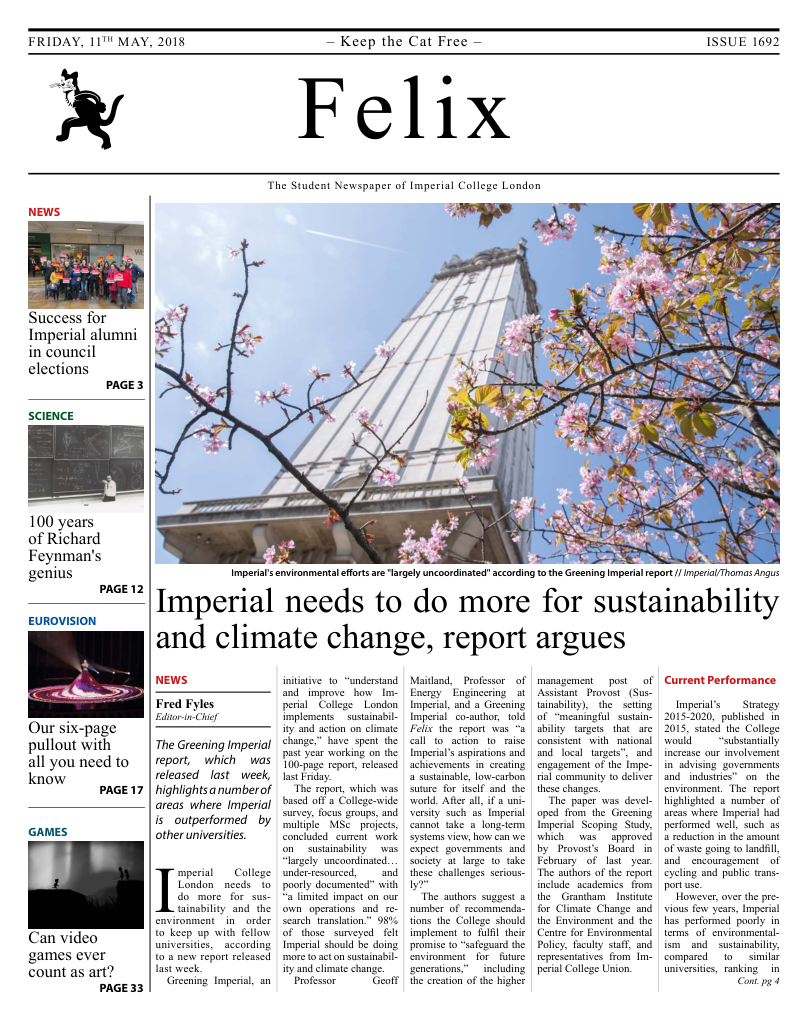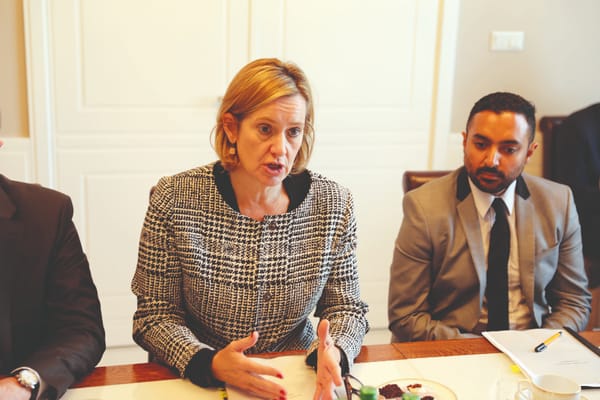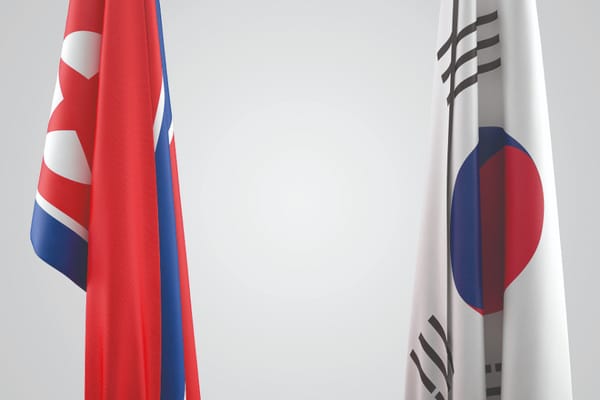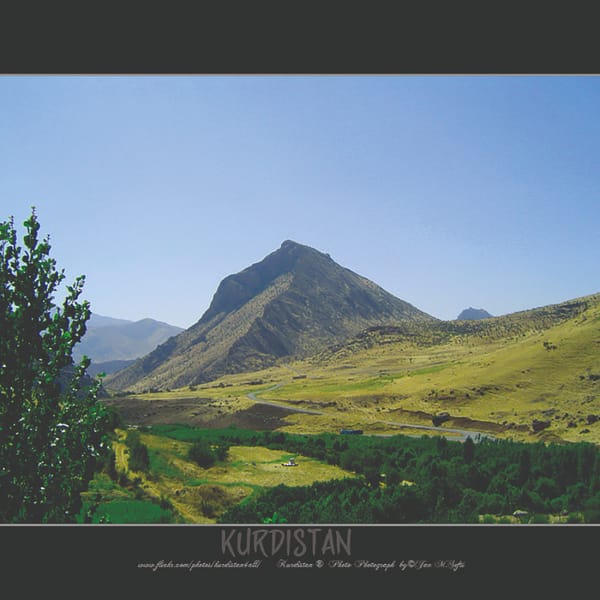Bahá’í : a belief system suited to our troubled times?
Amid a resurgence of nationalism and protectionism, we could learn some lessons from Bahá’í.

The world has seen a resurgence of nationalism, fascism, and protectionism. These pose an existential threat to the world as we know it. Liberal democracies spreading wealth and freedom via free market capitalism have seen their support checked by the likes of Trump, Brexit and most recently the elections in Italy where the right and far-right emerged as the largest parties. The question is why is this happening? Large swathes of the Western world have prospered through the 20th and into the 21st century with unparalleled growth in living standards and prosperity and yet there are large swathes of these populations, perhaps even majorities, who have rebelled against this system. They have flocked to groups who claim they will protect the nation and protect them from the aliens from foreign lands. They are voting for those who claim they will put the indigenous first and return the nation to a bygone era of pride and glory. A stupor of nostalgia has entranced the masses. The centreground, especially the centre-left has struggled to come to terms with these developments and understand the concerns of the electorate, let alone figure out how to meet these.
If the old model is broken beyond repair then what can replace it to provide a sustainable and fruitful future? One option lies within the Bahá’í faith.
The Bahá’í faith was founded by Bahá’u’lláh roughly 150 years ago, making it one of the youngest religions in the world. A key theme that runs through the faith is unity and oneness. There is a oneness to humanity and to the world. As someone who does not belong to the Bahá’í faith reflecting on these notions in detail and reading further into the faith has revealed a potentially different way of viewing the world. This idea of oneness helps to identify the problems already laid out in a new light. The world has become quite simply too materialistic: the yearning to acquire wealth because it is inherently a good thing. Those who believe in laissez faire economics would argue that the desire for wealth has been an entirely good thing, driving competition and innovation.
This has ultimately been to the benefit of all even if a minority became disproportionately rich. However, the Bahá’í faith believe this as an ultimate goal does not bring an individual true happiness and as humanity can be seen through a lens of oneness that all economic actions have an intrinsic moral nature that impact of on others and the environment around us. Therefore, wealth itself is not to be frowned upon and criticised but the way this wealth is used must be to the betterment of oneself and of others. Those less well-off must also ensure that that they do what they can to take the burdens of others in the same way that the rich are compelled to do the same.
The issue arises as to how to bring this about. The system rewards wealth collection so there must be a wholesale change to the global economic system which will take years and concerted effort or the onus falls onto individuals to act in a different way within the confines of the same system. The alternative is for the state to impose change from the top down mandate certain behaviours; this would be seen as an attack on the wealth creators of the economy who drive growth. The issue of economic behaviour goes to the heart of human nature; are humans naturally self-serving units maximising their own wealth or is there a greater capacity to help each other? It’s not just economics where there has been increasing turmoil and revolt, but within politics itself too. Nations have regressed from being open to closed off with the number of border walls increasing dramatically over the last decade or so. This arguably stems from groups feeling left behind and pulling the brakes on globalisation.
This regression appears to fly in the face of the oneness of humanity. Rather than people viewing themselves as citizens of the world, rather people are looking to nationhood to ground their identity in. This identity feeds of the distinctions we create between groups rather than melt them away. However, the Bahá’í faith can put this down to the parallel processes of integration and disintegration. In order for the new order to rise up the old must be broken down. The world appears to be becoming a nastier place filled with small, isolated nations headed by those who pull on the cult of personality to clasp onto power. While the processes of disintegration are plain to see, one must look closer to see how the processes of integration are taking hold in the form of the digitalisation of information allowing people to connect across the globe. Perhaps this system is what we are seeing at the moment, however; I am not convinced that this new world order will be the world of unity the Bahá’í faith hope to see anytime soon.









